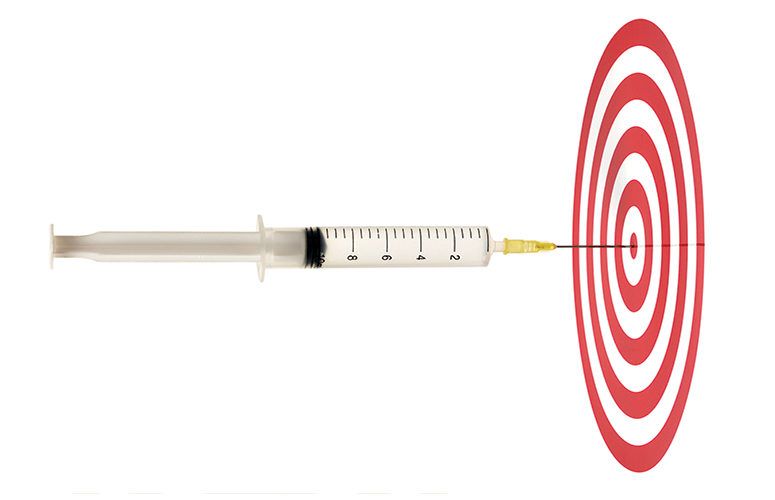
Understanding and Coping with Arthritis
By Amy Boright Siperstein, CFRE, Arthritis Foundation Regional Director | New Jersey Chapter On Dec 1, 2015Arthritis is an extremely common, but often misunderstood disease. It is not a single disease; in actuality, the term arthritis is an informal way of referring to joint pain or joint disease. In fact, there are more than 100 different types of arthritis and related conditions.
It is a common misconception that arthritis is a disease that primarily affects the elderly. In actuality, approximately 66 percent of individuals living with arthritis are under the age of 65, including 300,000 children in the US.
One in five Americans have been diagnosed with arthritis by a physician and, currently in New Jersey, 1.5 million adults and 8,600 children live with arthritis and related diseases.
Common symptoms of arthritis include joint swelling, pain, stiffness and decreased range of motion. Symptoms may present themselves sporadically and can vary from moderate to severe. Severe arthritis can result in chronic pain and the inability to do basic daily activities like walking or climbing stairs.
The most common types of arthritis include osteoarthritis and rheumatoid arthritis.
In osteoarthritis (OA), the cartilage – the slick, cushioning surface on the ends of bones – wears away so that bone rubs against bone, causing pain, swelling and stiffness. Over time, people with OA may develop chronic levels of pain. Risk factors include: obesity, genetic history, age and previously sustained injury like a tear to the anterior cruciate ligament (ACL).
In rheumatoid arthritis (RA), the body’s immune system can mistakenly attack the joints and cause painful inflammation and, potentially, can cause joint erosion as well as damage to internal organs, eyes and other parts of the body. Researchers believe that a combination of genetic and environmental factors can trigger this autoimmune response. Early diagnosis and preventative treatment are critical in slowing disease activity and can help minimize or prevent permanent joint damage.
Treatments for different types of arthritis can vary depending on the type of arthritis and the severity of symptoms. Various methods of treatment include: modifying your activities, occupational therapy, physical therapy, natural treatments, over-the-counter and prescription medications, or, if necessary, joint surgery.
Medications most commonly used to ease inflammation and related pain range from analgesics or pain relievers, such as acetaminophen, to nonsteroidal anti-inflammatory drugs (NSAIDs) like aspirin, ibuprofen and naproxen. Both medications are available over-the-counter or by prescription.
Medications for more severe types of arthritis can include corticosteroids, which are powerful anti-inflammatory medicines, taken orally or injected directly into an inflamed joint by a physician.
DMARDs or (disease-modifying antirheumatic drugs) are drugs that work to decrease pain and inflammation, to reduce or prevent joint damage as well as preserve the structure and function of the joints. Traditional DMARDs include methotrexate, hydroxycholorquine, sulfasalazine, leflunomide, cyclophosphamide and azathioprine. These medications can be taken orally, via injection, or received as an infusion at a doctor’s office.
Biologics are genetically engineered from living organisms, such as viruses, genes or proteins to simulate the body’s natural response to infection and disease. Biologics are typically reserved for people whose RA has not responded well to DMARDS. In some cases, however, doctors may prescribe a biologic first.
Joint replacement surgery can also be an option for people who have received permanent damage that limits their daily function, mobility and independence.
Living with arthritis can be challenging, but it is important for people living with arthritis to work closely with their healthcare providers in regard to treatment plans and lifestyle changes involving diet, exercise or stress management.
To learn more about arthritis, the various treatment options and resources available to people living with arthritis as well as their families, please visit http://arthritis.org or contact the Arthritis Foundation – New Jersey Chapter at 732-283-4300 or http://arthritis.org/new-jersey.
Related Articles:






